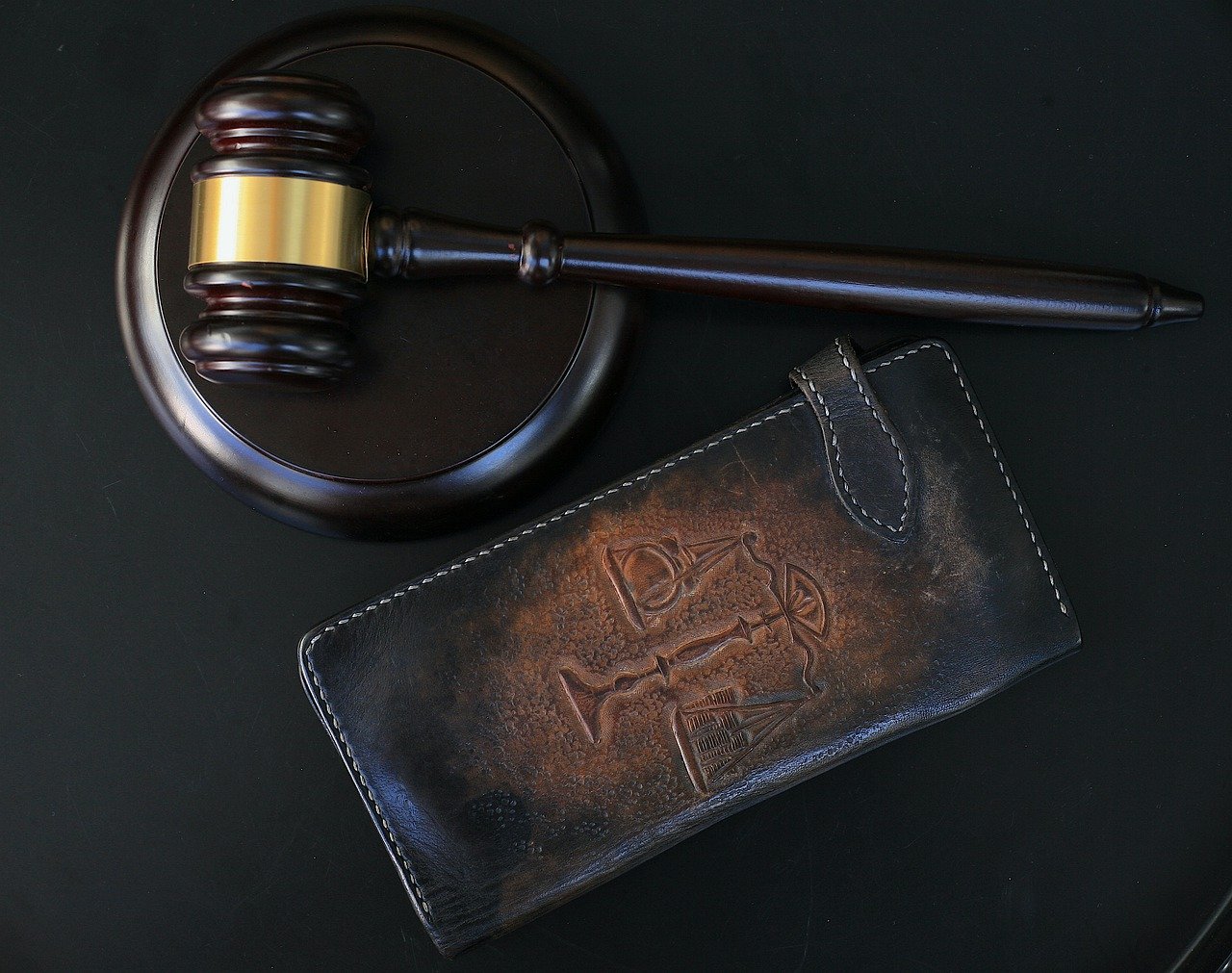If you have been injured in a shooting incident or your loved one killed, you may wonder about your legal rights and options.
Filing a gunshot injury lawsuit can help get some monetary compensation. This can cover the treatment and post-hospitalization expenses and compensate for other things you may have lost, such as wages due to your inability to resume work.
However, before you file a gunshot injury lawsuit, you must understand what you are getting yourself into. According to a gunshot wound attorney at Steinlaw, to get compensation for a gunshot injury, in addition to pressing criminal charges, you may need to file a civil lawsuit.
Reader's Roadmap
Prevalence of gun shooting in the United States
Deaths from gun shootings have considerably increased since 2012. About 48,830 people died of gun-related injuries in 2021, according to a report by the Centre for Disease Control and Prevention.
Anyone can be a victim of gun shootings. The FBI confirmed 61 active shooter incidents in 2021, which means an incident is recorded every six days of the year.
Active shooter incident, as described by the FBI, involves one or more persons actively engaged in killing or attempting to kill people in a populated area.
These areas may include business areas like shopping malls, schools, churches, healthcare facilities, government properties, and residences.
Mississippi, Louisiana, New Mexico, Alabama, and Wyoming are some of the states with the highest gun-related deaths. Massachusetts, New York, and Rhode Island are some of the states with the lowest gun violence-related deaths.
Who can be sued for gunshot injuries?
Whether intentional or unintentional, gunshots can do a lot of damage. The criminal justice system can punish a shooter for killing or injuring the victim, but that may not compensate for the cost of treatment and loss suffered as a result of the incident.
A civil lawsuit can help you get the maximum compensation you deserve. Gunshot wound victims, depending on their location and details of the event, can sue the shooter, gun owner, property owner and manager, and the gun manufacturer.
The victim must prove the defendant was liable for their injury. Most of the time, this is established by proving they were negligent. Negligence is failing to exercise reasonable care under the circumstances.
To prove the defendant, who might be the shooter, gun owner, property manager, or gun manufacturer, was negligent, you must be able to show the following:
- They owed you a duty of care
- They breached the duty of care
- The breach resulted in your injuries
The owners of firearms owe a duty to the general public to safeguard their guns and keep them away from children and unauthorized adults.
If such a gun was used in a shooting incident due to the owner’s negligence, the victim may be able to sue both the shooter and the gun owner.
Property managers in some states have to protect people on their property against the potential and foreseeable dangers of a shooting.
Although the Protection of Lawful Commerce in Arms Act in 2005 granted gun manufacturers broad immunity over gun crimes, they can still be sued. There have been recent cases like this, which involved mass shooting incidents.
Gun manufacturers can be sued on the grounds of negligence, defects in their gun design that resulted in accidental firing, and selling to ineligible customers such as underage kids.
Can employees sue their workplace for gunshot wounds?
Mass shootings usually occur in populated areas where people work and may result in employees getting injured or killed.
Employees can sue their workplace if they sustain an injury during such an incident. However, it can be more challenging than it seems.
The chance of getting compensation is dependent on the negligence of the employer or third parties, the injuries sustained, and the motivation of the shooter.
For example, the employee might sue the employer for negligence during the shooter’s hiring, supervision, and retention. The private security firm hired by your employer to protect the workplace can also be sued.
However, if the shooter’s motivation stemmed from a personal disagreement with coworkers, the employer may be immune from such suit as it can be considered as not work-related.
Similarly, the company might be immune from being sued if the workers’ compensation is enough to compensate for the employee’s injuries. On the other hand, if the employer’s actions were intentional to cause the employee’s injury, they can be sued.
How much can you sue for after being shot?
Compensation for gunshot wounds depends on the severity of the injuries and the negative impact on the victim’s life.
The level of compensation also hinges on how well your lawyer can prove negligence against the accused.
In 2022, Remington, a gun manufacturer, settled the families of nine Sandy Hook school shooting victims for $73 million.
The families in the suit alleged that the gun manufacturer had marketed its product to younger males, leading to the eventual use of its riffle in the school’s mass shooting.
It is recommended that you listen to your lawyer during the lawsuit. Typically, insurance companies will want to offer a settlement early before your bills pile up. If you accept such a settlement, you cannot sue for future compensation.






